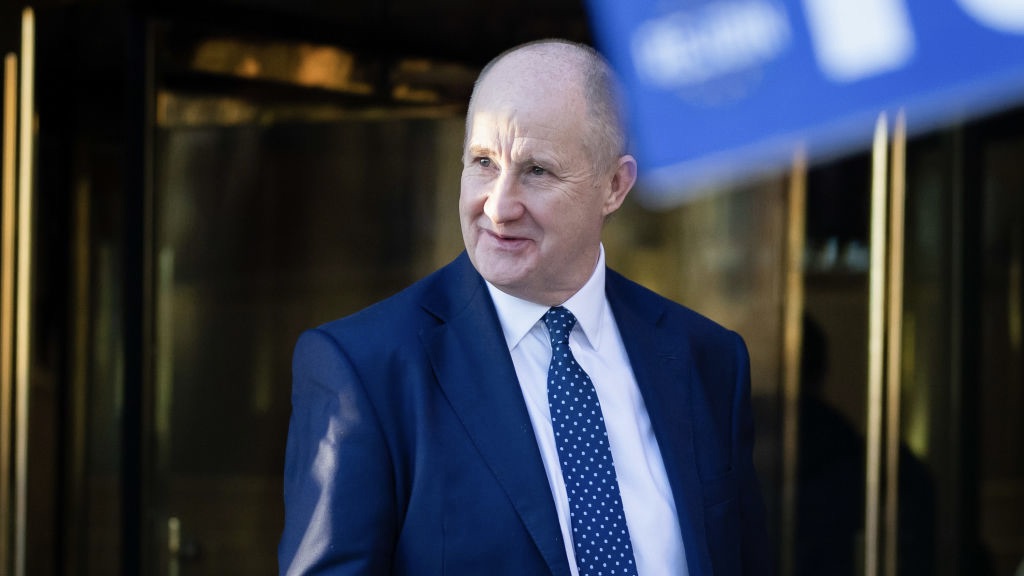Government lays out its Smart Data Roadmap despite concerns over lack of regulatory oversight
The aim of the new roadmap is to extend the data-sharing benefits of open banking to a larger number of industries


The UK has published its Smart Data Roadmap, laying out the ways in which it plans to use its new powers under the Data Protection and Digital Information (DPDI) Bill.
The first step is to identify the opportunities and challenges in implementing Smart Data schemes in seven sectors: energy, banking, finance, retail, transport, homebuying, and telecommunications.
"We want to harness the opportunities for data to create efficiencies, tailor products and services, improve decision making, and empower customers to make better use of data that belongs to them," says minister of state for enterprise, markets and small business Kevin Hollinrake.
"Through championing Smart Data – a form of data portability – we are facilitating the data economy to drive growth and innovation, and to enable services that ensure businesses and consumers get more for their money."
Smart Data is the secure sharing of customer data, at the customer’s request, with authorised third-party providers, who can then enhance the customer data with broader, contextual business data.
And the new plans build on the model of open banking, which has now been adopted by 330 firms to help consumers and businesses make better use of their data. Research, says the government, shows 77% of people using the technology found it easier to keep track of spending and 76% have benefited from better opportunities to save.
There are concerns over oversight, with the Competition and Markets Authority (CMA) having suggested that Smart Data schemes need a regulatory framework to govern how data is shared, along with common and open data standards and effective representation of consumers and other end users.
Sign up today and you will receive a free copy of our Future Focus 2025 report - the leading guidance on AI, cybersecurity and other IT challenges as per 700+ senior executives
And consumer group Which? agrees. "The benefits of these schemes can only be realised if data-holding businesses are encouraged, or if necessary compelled, to participate and if consumer protections are embedded in schemes to engender consumer trust and promote take-up," it says in its consumer manifesto.
"Specifically, through this council, they should commit to implementing best practice user experiences so consumers are confident when they give consent for their data to be accessed, whilst building trust and awareness in this emerging technology."
The roadmap has been welcomed by Open Banking Ltd, which created open banking guidelines following an order from the Competition and Markets Authority (CMA).
The adoption of open banking in the UK has already added more than £4 billion to the economy, attracting inward investment and creating almost 5,000 highly skilled digital jobs, it says.
RELATED WHITEPAPER

"Developing new smart data schemes will accelerate the economic benefits of open banking to other key sectors, including energy, retail, transport, home-buying and telecoms, further increasing these opportunities," says chief executive Henk van Hulle.
"We are also keen to see the Smart Data Council further investigate the need for a 'body' to ensure that smart data standards are interoperable and consistently applied. Both regulatory and industry-led initiatives will allow us to build on open banking’s success and develop innovative new propositions that will benefit consumers, businesses and the UK economy alike."
The next steps in the roadmap include progressing the DPDI Bill, providing the regulatory framework for future schemes, while promoting new use cases through a Smart Data Challenge Prize and coordinating future Smart Data schemes.
"We will continue to ensure that this work is coordinated through the work of the Smart Data Council, to enable an efficient and interoperable Smart Data ecosystem to emerge," says Hollinrake. “This ecosystem will provide businesses and customers with the vibrant and empowering services they need to navigate today’s growing data economy."
The government says it aims to publish a progress update in 12 months’ time.
Emma Woollacott is a freelance journalist writing for publications including the BBC, Private Eye, Forbes, Raconteur and specialist technology titles.
-
 The modern workplace: Standardizing collaboration for the enterprise IT leader
The modern workplace: Standardizing collaboration for the enterprise IT leaderHow Barco ClickShare Hub is redefining the meeting room
-
 Interim CISA chief uploaded sensitive documents to a public version of ChatGPT
Interim CISA chief uploaded sensitive documents to a public version of ChatGPTNews The incident at CISA raises yet more concerns about the rise of ‘shadow AI’ and data protection risks
